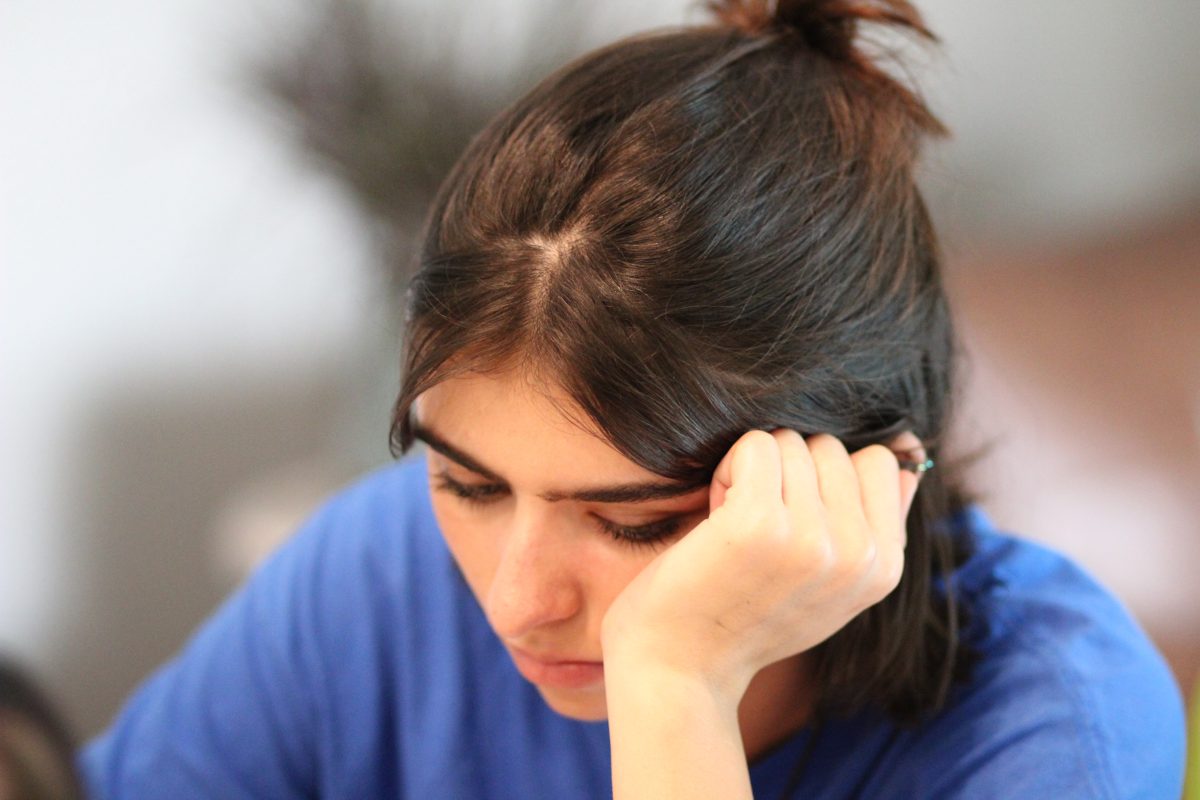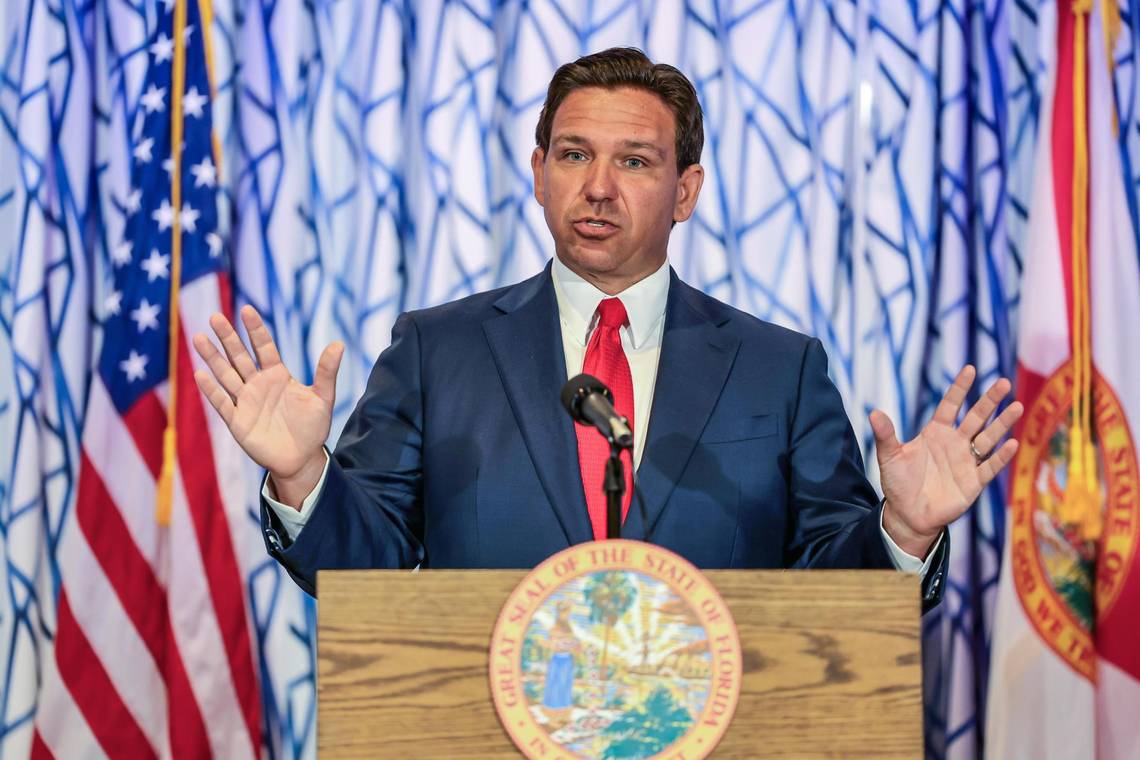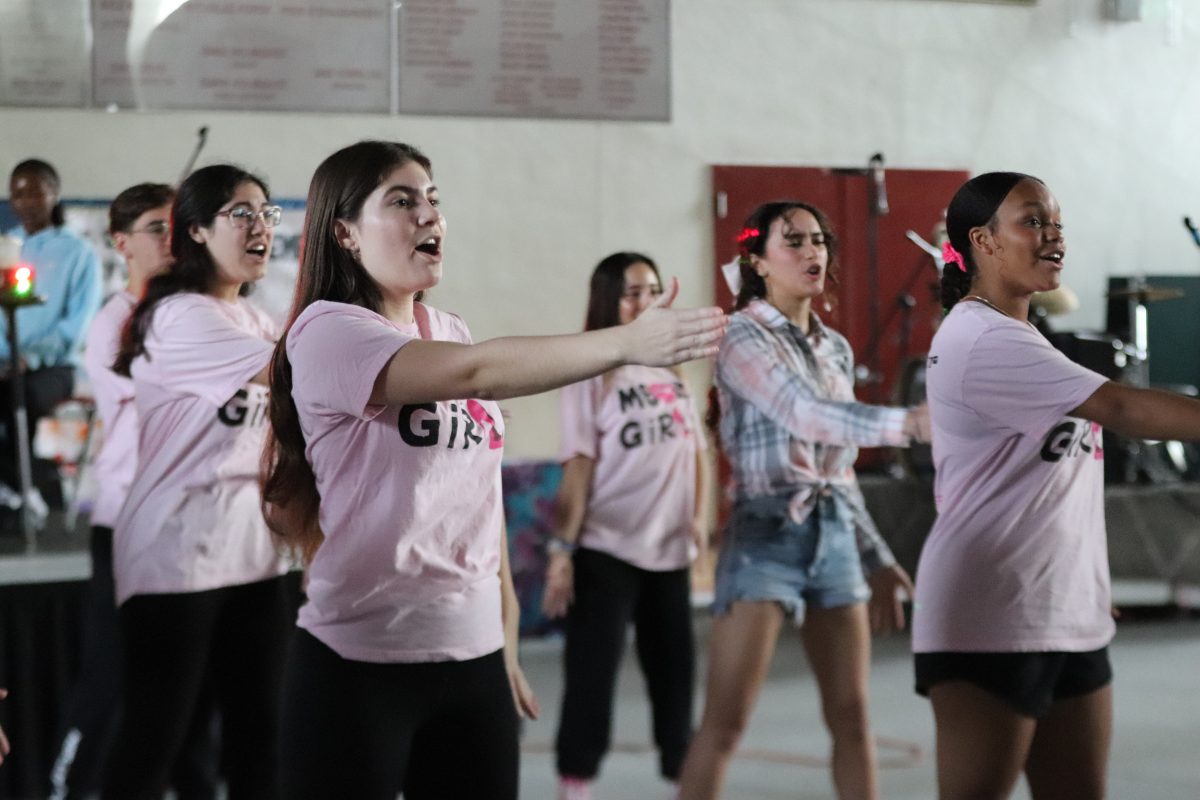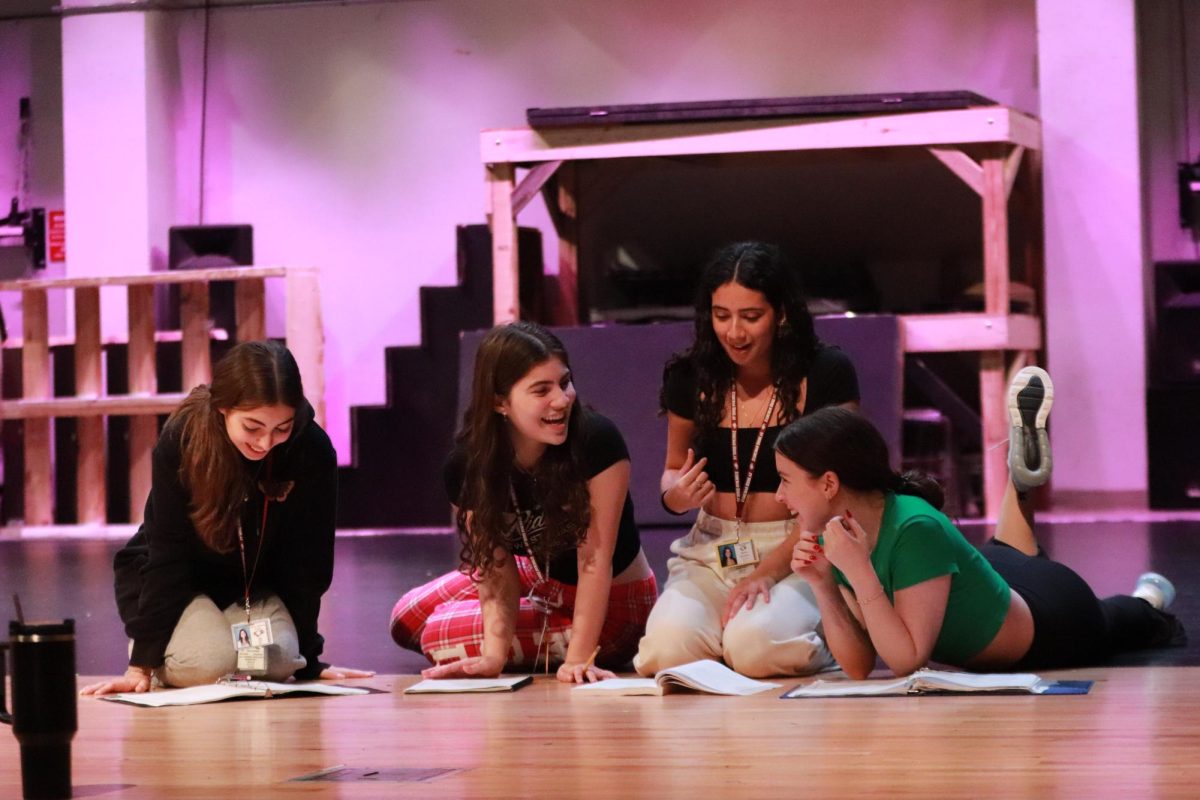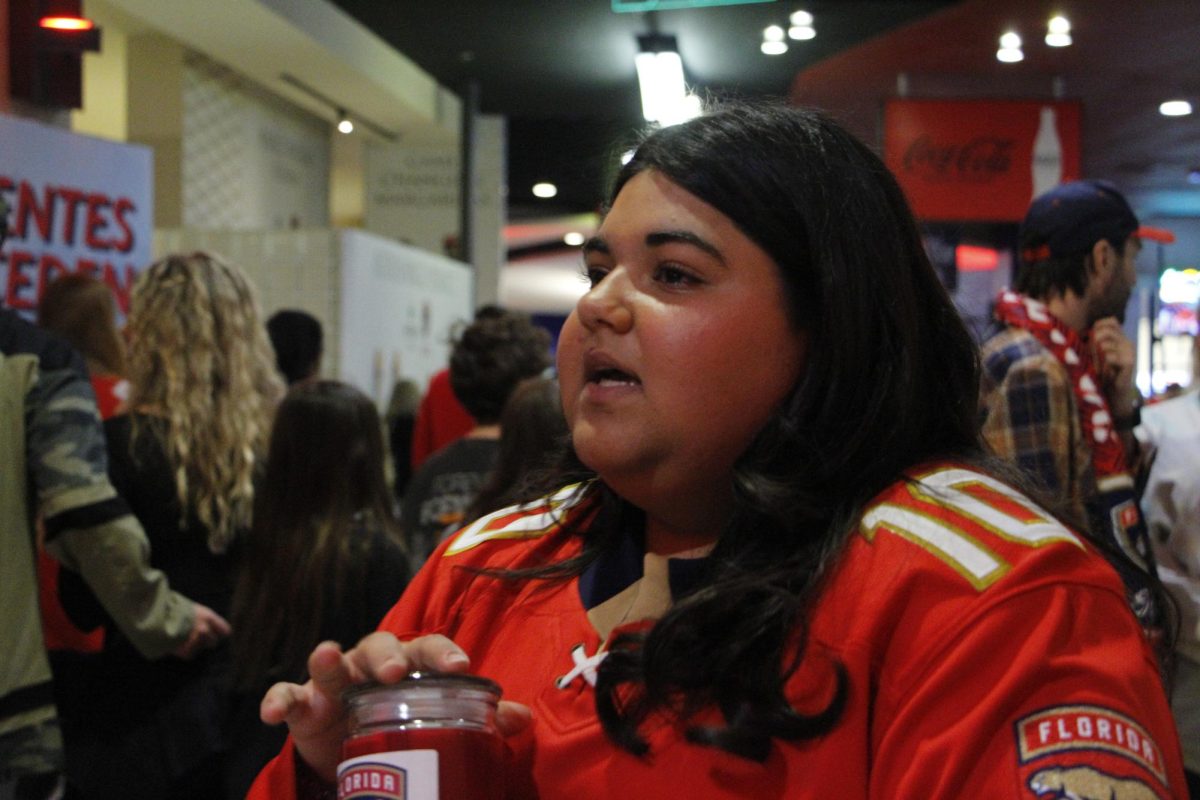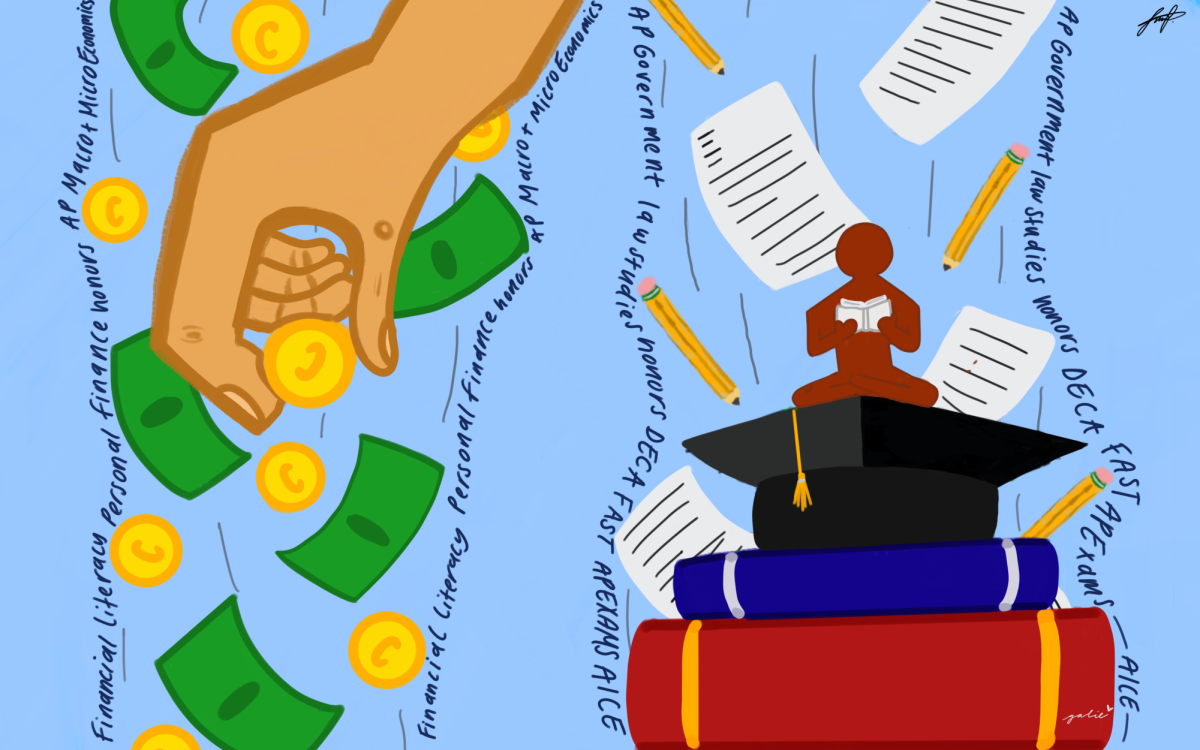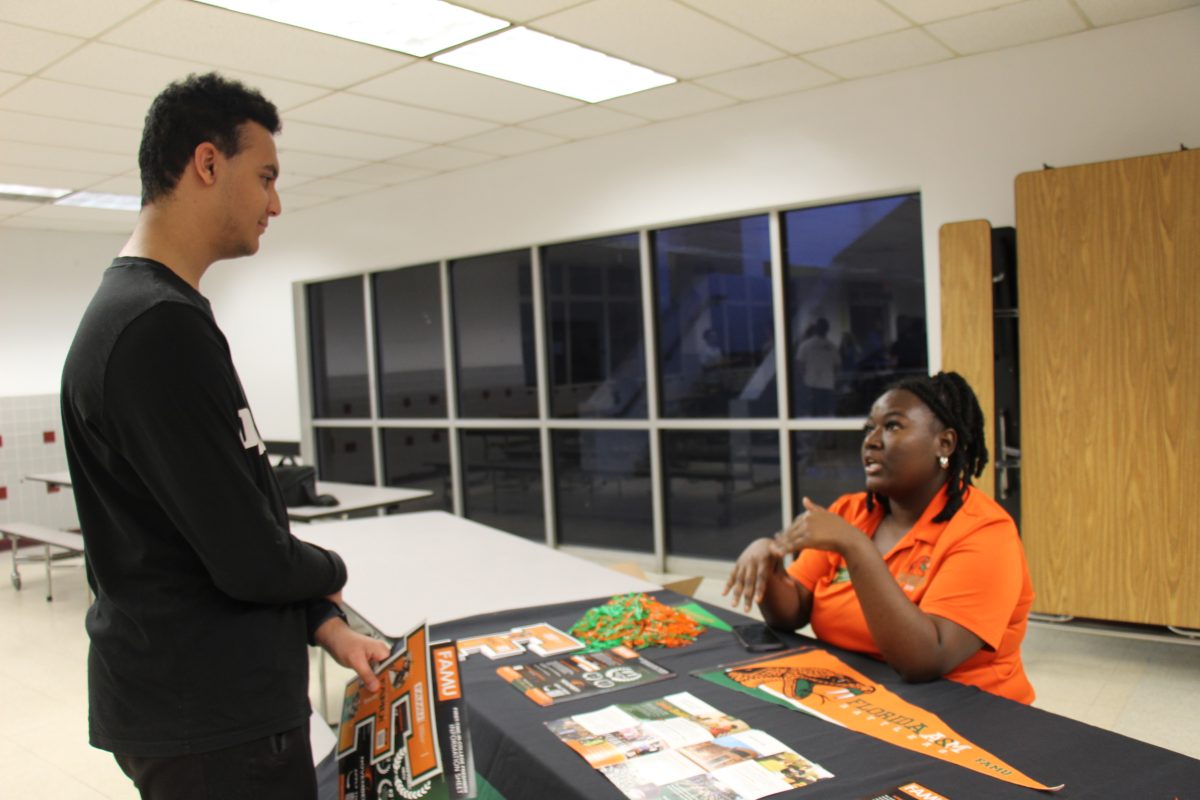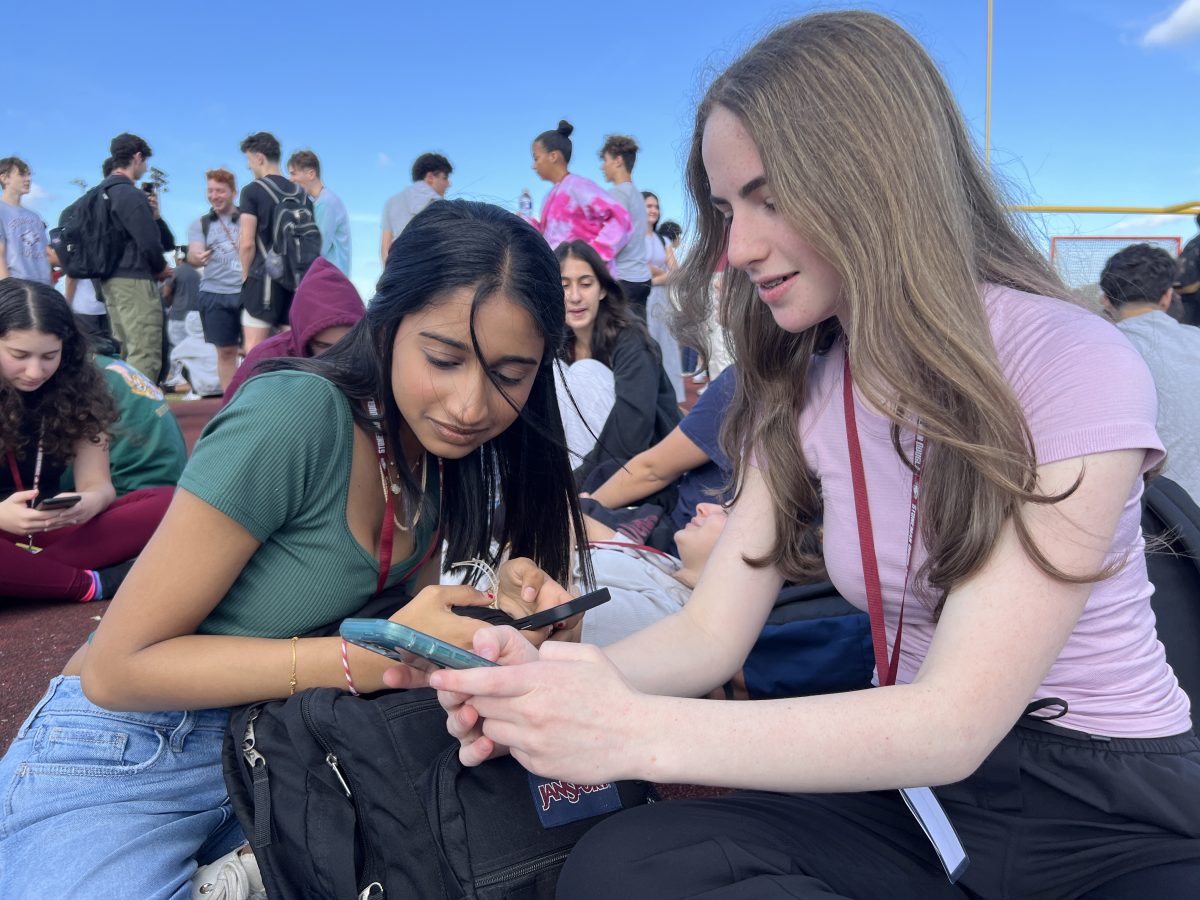*This story was originally published in the first quarter issue of the Eagle Eye*
The issue of climate change is one of many debated in mainstream media. There are those who desperately cry for the preservation of the planet’s resources through societal change, and others who reject the existence of this emerging phenomenon. No matter what grounds one may stand, Marjory Stoneman Douglas students and the rest of the world, watched from their living rooms in recent months as record breaking hurricanes wreaked havoc along the east coast, barely brushing past Parkland. The proximity of turmoil has emphasized the necessity of acknowledging certain questions: is climate change happening? And is this what it looks like?
Frequently discussed in scientific and even political conversation, the ominous terms “climate change” and “global warming” can be difficult to envision as a component of life due to their abstract natures. These looming phenomenons, while controversial, are inherently different despite their tendency to be used interchangeably.
“Global warming refers to surface temperature increases, while climate change includes global warming and everything else that increasing greenhouse gas amounts will affect,” according to an article from NASA.
Rising temperatures are not the underlying predicament of climate change; the gravest consequences arise from the chain of events it initiates.
According to NASA, Earth’s temperature will continue to rise, causing more snow and ice to melt. Some regions will experience excessive heat, while others will become colder with greater amounts of snow. Not to mention, immoderate rain trends and rising sea levels will threaten the lives of many Floridians. Essentially, different regions will be striked distinctively. For example, NASA also induces certain domains will experience stronger hurricanes, along with other catastrophes, as a ramification of climate change.
The predictions of NASA and countless other scientists hypothesize that planet Earth is in danger, and the state of Florida is by no means excluded. The vast, sandy coasts that adorn the state are especially susceptible to the harms of climate change. Rising sea levels, in particular, could be detrimental to the future of the state.
“The most recent projections from the Intergovernmental Panel on Climate Change indicate that, if emissions continue on their current trend, sea levels could continue to rise another 39 inches (about 1 meter) by the end of this century,” Climate Central feature journalist Brian Kahn said.
Perhaps 39 inches does not sound like much, but the risk zone map designed by Climate Central suggests otherwise.
In the case of unchecked pollution, it would only take four feet of rising sea levels to flood the entire southern tip of Florida from Homestead to Naples Minor. With three more feet, the entirety of the Miami and Fort Lauderdale area would be submerged in water.
The proximity of disaster and devastation designates climate change as a direct threat to the state of Florida. In such times of peril, civilians look towards their lawmakers—their leaders—to take a proactive stance against threats and demobilize them. Unfortunately for many South Floridians, their expectations have been met with silence from the Rick Scott administration.
“DEP (Florida Department of Environmental Protection) officials have been ordered not to use the term ‘climate change’ or ‘global warming’ in any official communications, emails or reports, according to former DEP employees, consultants [and] volunteers,” according to records from the Florida Center for Investigative Reporting.
Floridians are mutually displeased with the inattentiveness of the Scott administration regardless of their party affiliation. Many politicians, including Sen. Marco Rubio, Sen. Jeff Sessions, Rep. Paul Ryan and even President Donald Trump, do not consider human beings accountable for climate change, contributing to a Republican party with an overtly ambiguous stance on the climate change agenda. However, withstanding the extent of these opposing views, discussion has not been disbarred on a national scale.
“I think that’s just putting our heads in the sand. Not talking about something does not mean it’s not happening, and we need to be having more conversations about it,” environmental science teacher Tammy Orilio said. “The public needs to be educated; we need to know what’s going on and what we can do.”
These guidelines are the result of the governor’s doubtfulness that human activity is a contributor to climate change despite insurmountable amounts of scientific evidence demonstrating otherwise.
“Scientists are very educated in the field that they do. I don’t think that is it the place of politicians to completely denounce the work of scientists,” junior Sophie Ayoung-Chee said, who walked in a Science March, urging climate change awareness.
Disagreement is natural in all political environments, yet advocates like Ayoung-Chee highlight a chief concern: is it right to put a personal disposition above a quandary such as this and leave it unaddressed, despite the worries of many who are perturbed by potential devastation?
Whether or not people choose to believe in climate change, there is plentiful support that this phenomenon is indeed happening, and South Florida will not be spared unless immediate societal change is implemented. Transcending this debate is a pressing threat, forcing many to take a personal initiative to neutralize what has been done—even if others will not.
“We have a responsibility to try and counteract what we have been doing to the climate here on earth,” Orilio said. “Whatever we can do—whether it be small things like cutting down the amount of meat we eat as individuals or large-scale governments getting involved—anything we can do.”
Although they exert tremendous influence, ultimately, the fate of climate change is not in the hands of politicians—even though the public covets their attention. Those who truly desire change, like Orilio and Ayoung-Chee, have already brought it upon themselves to live mindfully and conservatively. MSD, along with all of South Florida, stand in a state of vulnerability, but conserving and restoring this home is hardly out of our realm of control.


